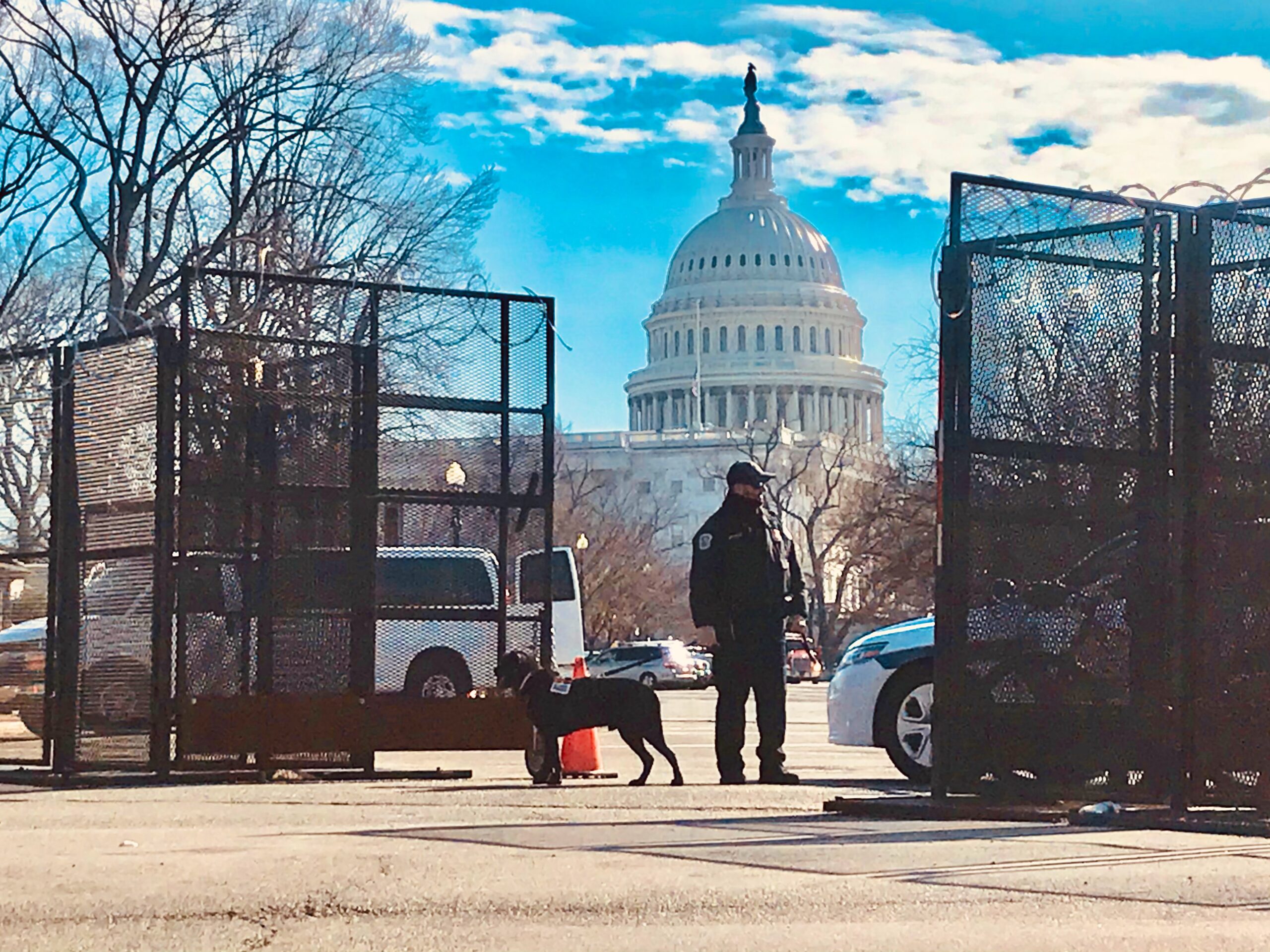OPM: More Federal Employees to be Subject to Continuous Vetting

As the political landscape shifts and administrations enact their priorities, it’s paramount that both employers and employees stay abreast of policy changes. While you might be familiar with the rigorous background checks performed at the outset of your federal career, the Office of Personnel Management (OPM) has announced that it will expand its continuous vetting process to affect a wider range of workers. Certain employees could now face sudden background examinations, as agencies will be scrutinizing employees’ credit history, criminal records, and more. While this system has been a staple for agencies handling classified information, it will become commonplace for a broader range of federal positions.
At The Vaughn Firm, our federal employment attorneys are committed to protecting the rights of federal employees like you. That starts by giving you the information you need to understand the latest rules so you can make informed decisions about your employment. Read on to learn more about the new OPM rules and what they could mean for you.
What Does “Continuous Vetting” Mean?
The new continuous vetting system from the Office of Personnel Management (OPM) is an ongoing process wherein certain federal employees undergo background checks randomly throughout their employment. Rather than a one-time event at the start of an employee’s career, this vetting system is ongoing. It utilizes automated record checks to assess an employee’s credit history, criminal records, and other vital information. When an issue arises that could jeopardize an employee’s position, such as an arrest, the system flags it immediately.
Previously, this system only applied to national security agencies with employees having access to classified information and security clearances. However, the Biden Administration has sought to expand and modernize these vetting processes across the entire federal workforce. Under the “Trusted Workforce 2.0” initiative, which began during the Trump Administration, there’s a notable push to take these procedures beyond national security agencies.
Starting in fiscal year 2024, agencies will begin implementing continuous vetting for employees in “non-sensitive public trust positions.” The OPM categorizes these as positions with moderate to high risk levels, spanning roles in policymaking, public safety and health, law enforcement, and any other roles that command a significant degree of public trust. Importantly, this will not only affect federal employees in the competitive service but will also include those in the excepted service, employees working with federal contractors, and Defense Department non-appropriated fund (NAF) employees.
What Are Employers Looking For?
While federal agencies will examine many databases as part of continuous vetting, a few specific incidents or records are more likely to raise a red flag. These include:
- Criminal Convictions: A record of a past crime, especially felonies, could indicate potential risk or untrustworthiness.
- Arrest Records: Even if the employee was not convicted, recent arrests can raise red flags regarding their behavior.
- Poor Credit History: Extensive debt or financial irregularities might suggest susceptibility to bribery or fraud.
- Substance Abuse Reports: Records of drug or alcohol abuse can raise questions about an employee’s judgment or reliability.
- Affiliations with Extremist Groups: Connections to radical organizations can indicate potential security risks.
- Conflict of Interest: Financial or personal ties to organizations that conflict with one’s official duties might compromise impartiality.
- Undisclosed Foreign Contacts or Travel: Unreported interactions or trips can be concerning, especially if they involve nations or entities seen as potential threats.
- Restraining Orders: These might indicate issues of domestic violence or personal misconduct.
- Dishonorable Military Discharge: Such a record can reflect unfavorably on an individual’s character or conduct.
- Previous Employment Termination: If an employee was terminated from a past job for misconduct or unethical behavior, it could be a concern for current employment.
Consequences of a Failed Background Check
Because many federal employees will soon be subject to random background checks, workers subject to the continuous vetting program are more likely to face consequences if employers find anything. Possible disciplinary actions for federal employees include:
- A Letter of Reprimand
- Suspension
- Demotion
- Removal
You have worked hard to build your career in the federal government, and The Vaughn Law Firm can help protect it. If your employer has taken action against you after a random background check, call our office at 877-212-8089 or complete our contact form for a free consultation.




